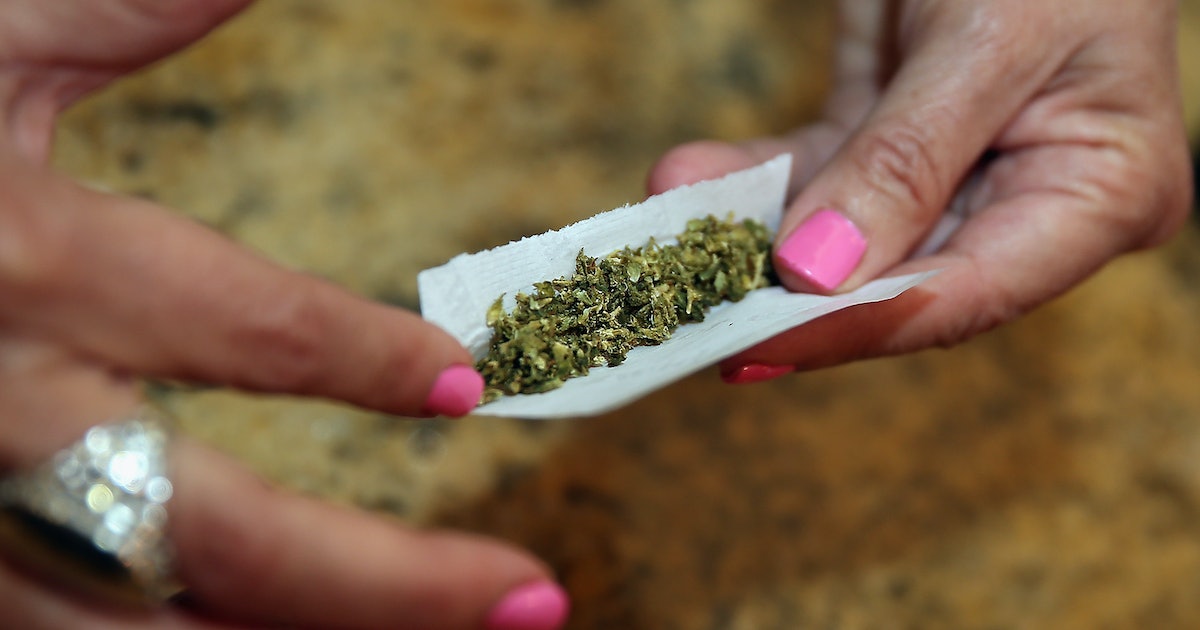What Happens When You Sleep High: Exploring the Effects of Cannabis on Sleep
Introduction
What happens when you sleep high, The relationship between cannabis and sleep has been a topic of interest for researchers and individuals alike. With the increasing legalization and use of cannabis for both medical and recreational purposes, it’s essential to understand how it affects various aspects of our health, including our sleep patterns. In this article, we will delve into the effects of sleeping while high, shedding light on what happens to the body and mind during this state.
The Role of Cannabis in Sleep
Cannabis contains compounds called cannabinoids, with delta-9-tetrahydrocannabinol (THC) being the most well-known. THC is responsible for the psychoactive effects of cannabis and has been associated with alterations in sleep patterns.
Changes in Sleep Architecture
1. Sleep Onset:
When under the influence of cannabis, users often experience shorter sleep onset times. This means that it might take less time to fall asleep after getting into bed.
2. Reduced REM Sleep:
Rapid Eye Movement (REM) sleep is a crucial phase of the sleep cycle associated with vivid dreams and memory consolidation. Cannabis consumption, particularly with higher THC levels, has been linked to a reduction in REM sleep.
3. Increased Stage 3 and 4 Sleep:
These are the deepest stages of non-REM sleep. Some studies suggest that cannabis may lead to an increase in time spent in these stages, potentially contributing to a feeling of restfulness upon awakening.
Impact on Sleep Quality
The effects of sleeping high on sleep quality can vary from person to person. Some individuals report feeling more refreshed and relaxed after cannabis-assisted sleep, while others may experience grogginess and drowsiness upon waking.
Potential Benefits
1. Pain Relief:
Cannabis, particularly strains high in cannabidiol (CBD), is known for its analgesic properties. For individuals dealing with chronic pain, using cannabis before sleep may provide relief and improve overall sleep quality.
2. Insomnia Management:
THC’s sedative effects may be beneficial for individuals struggling with insomnia. By promoting quicker sleep onset, cannabis may help those with sleep-onset insomnia.
Potential Drawbacks
1. Memory Impairment:
Excessive cannabis use, especially before sleep, may lead to short-term memory impairment. This can affect cognitive function, making it important to use cannabis responsibly.
2. Tolerance and Dependence:
Regular use of cannabis, particularly in high doses, can lead to tolerance, meaning that over time, higher amounts may be needed to achieve the same effects. Additionally, dependence and withdrawal symptoms can occur with prolonged and heavy use.
Conclusion
Sleeping while high can have various effects on individuals, influencing sleep onset, REM sleep, and overall sleep quality. While cannabis may offer benefits for pain relief and insomnia management, it’s crucial to be aware of potential drawbacks, such as memory impairment and the risk of tolerance and dependence.
Ultimately, the decision to use cannabis for sleep should be made with careful consideration of individual preferences, health conditions, and legal regulations in your region. Consulting a healthcare professional is recommended, especially for those with existing medical conditions or concerns about potential interactions with other medications.
You Might Also Like This:

